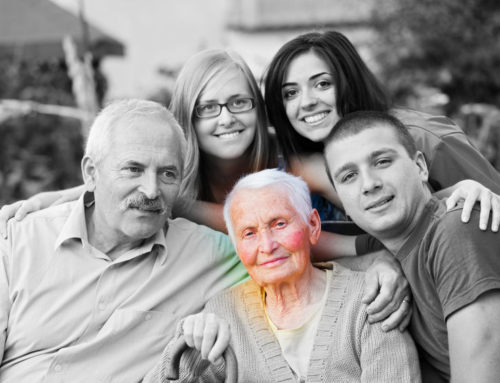Caretakers sometimes express concern that activities such as watching television or listening to the radio have a negative impact on their loved one’s general well being. This is easily understandable, as television and radio personalities have been known to confuse individuals suffering from Alzheimer’s disease or dementia to the point that they cannot tell the difference among real people and the characters portrayed on TV. In other words, due to the effects of the disease, these individuals believe that the personalities they see on a daily basis are real people with whom they’ve had previous interactions and even know personally.
While such beliefs typically don’t cause these individuals any distress, anxiety, or put them in harm’s way, some individuals can grow so agitated by the lack of appearance of a television or radio personality that the absence prompts a negative change in behavior. For instance, a family member or caretaker might have reason for concern if his or her loved one refused to play bingo or eat until he or she had the chance to ask a game show host if he wanted to play or eat dinner too. In this case, the television might be interfering with the loved one’s ability to have real and fulfilling social interaction or receive adequate nutrition, which could lead to depression or other health issues.
That said, though, you should not immediately jump to the conclusion that the confusion is negatively impacting your loved one’s life. Your loved one may getting his or her social or nutritional needs fulfilled another way—say, through family visits, or regular snacks. In which case, he or she is not showing any signs of distress. Just keep in mind that you’ll have to consider the situation yourself; however, the general rule of thumb is whether or not the behavior is causing your loved one any distress. If not, then you may not want to make the behavior an issue, as you could inadvertently cause your loved one another form of distress by taking away an enjoyable activity.





